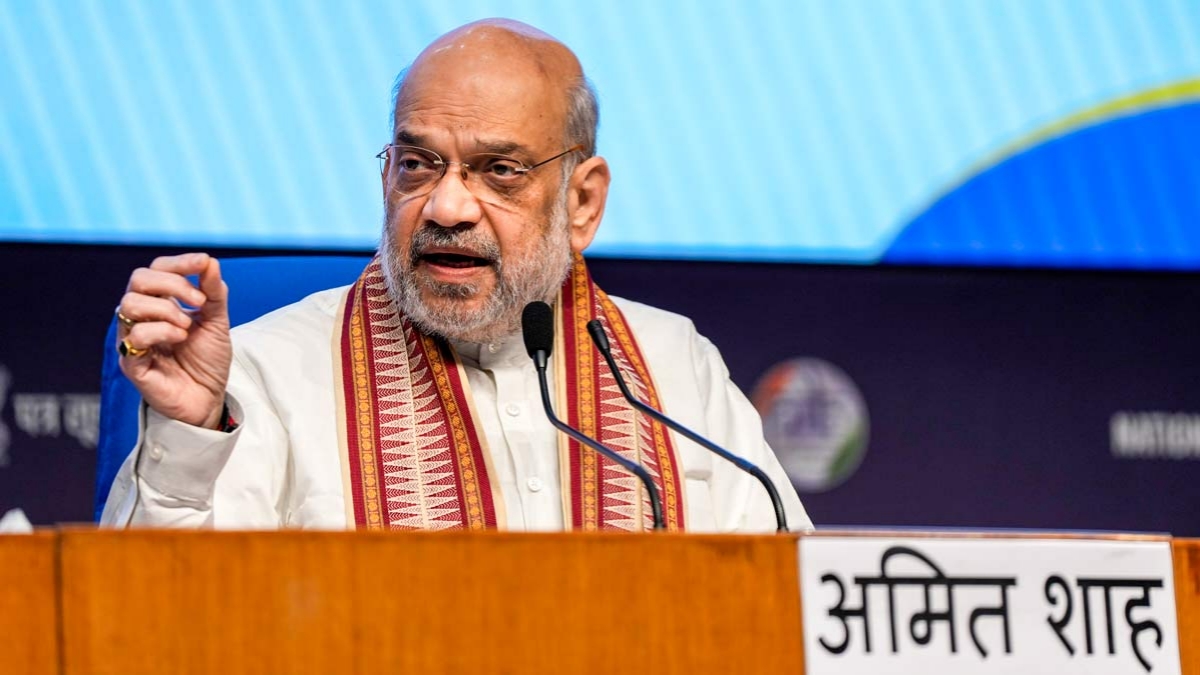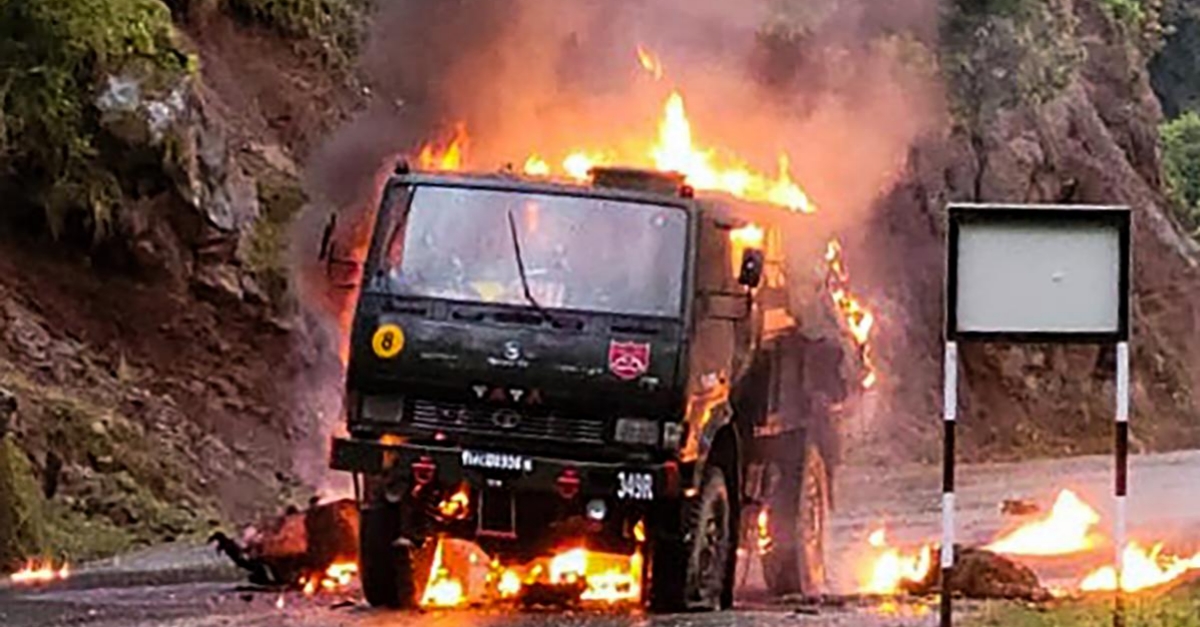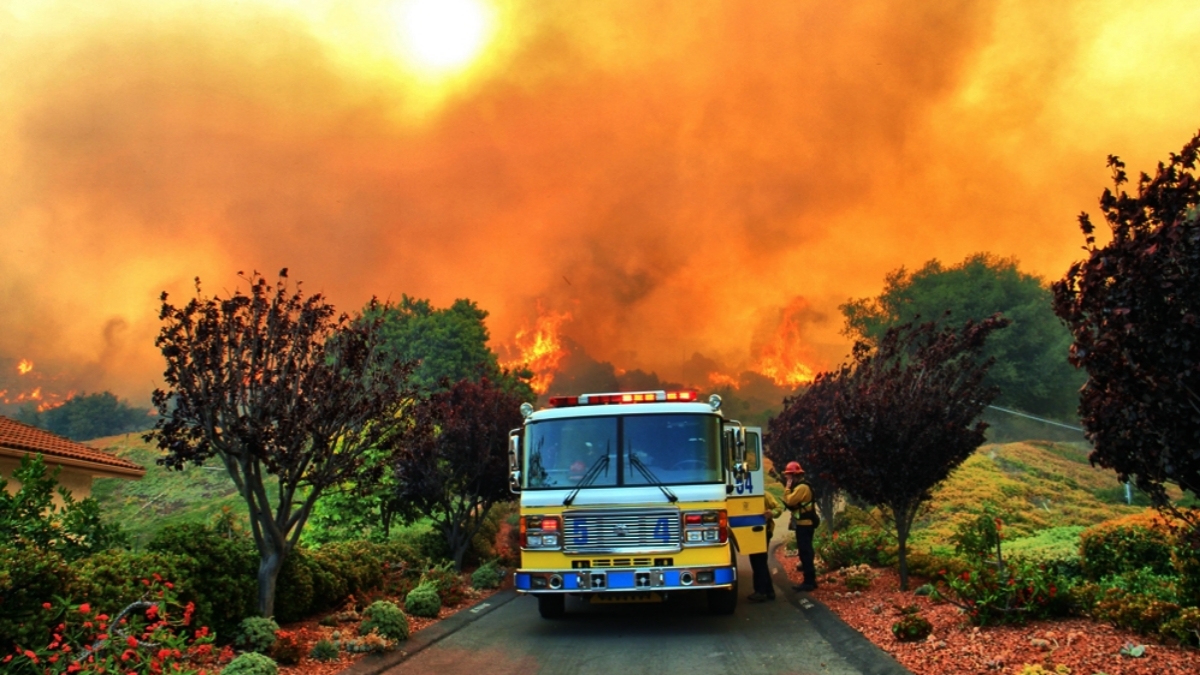Canada recently stirred up significant controversy by alleging that Amit Shah, India’s Home Minister, was involved in orchestrating a campaign targeting Sikh separatists. The accusations come amidst rising tensions between Canada and India over issues related to the Sikh diaspora, especially those advocating for Khalistan, a proposed independent Sikh state.
Background of the Allegations Against Amit Shah
The allegations suggest that Amit Shah authorized a focused campaign to curb Sikh separatist activities, which have been an ongoing matter of security concern in India. Sikh separatist supporters, mainly residing in Canada, have continued to promote the Khalistan movement, which has posed a sensitive issue for Indian authorities for decades. Canada claims Shah’s involvement has escalated the approach taken against separatist elements within its borders, sparking serious diplomatic disputes.
The Khalistan Movement and Its Impact on India-Canada Relations
The Khalistan movement, seeking an independent Sikh state, emerged in the 1980s and has seen fluctuating levels of support. While largely suppressed in India, the movement has seen pockets of support in Sikh diaspora communities in Canada, the UK, and the US. India’s government views the movement as a threat to national security and has actively opposed its resurgence.
Canada, with a significant Sikh population, faces internal debates regarding the Khalistan movement. Canadian leaders emphasize freedom of expression, which includes political stances, but these freedoms complicate relations with India, where the separatist movement is illegal. Amit Shah’s alleged involvement underscores India’s intolerance toward Khalistan advocates abroad, bringing long-standing frictions between the nations to a head.
Canada’s Position and Response to the Allegations
Canada’s position on freedom of speech and assembly allows for the expression of various political views, including those advocating for Khalistan. However, the Canadian government maintains it does not support any form of violent separatism. Prime Minister Justin Trudeau has highlighted Canada’s commitment to safeguarding all communities within its borders. Despite this stance, Canadian officials assert that foreign interference in domestic matters, such as campaigns against Sikh separatists, could undermine this balance and potentially affect community harmony.
These recent allegations regarding Amit Shah have prompted calls from Canadian officials for India to clarify its actions and intentions concerning Sikh communities overseas. Canada insists on fair and transparent diplomatic interactions, stressing the importance of sovereignty in addressing political matters.
India’s Rebuttal and Response to Canada’s Accusations
The Indian government has categorically denied Canada’s allegations against Amit Shah, calling them unfounded and counterproductive. Officials argue that India’s actions in addressing separatist movements are purely internal and stress that they respect the sovereignty of other nations. Additionally, India has voiced concerns over Canada’s seeming tolerance toward Sikh separatists, suggesting that it fosters an environment allowing anti-India sentiments to flourish.
India’s response to the allegations highlights its commitment to combatting separatist elements, both domestically and internationally, and asserts that the Khalistan movement is a national security issue. Officials argue that Canada’s accusations might be politically motivated and intended to garner favor with specific voter bases within Canada.
Diplomatic Fallout and Strained Relations Between Canada and India
The fallout from these allegations has led to a visible strain in India-Canada relations. Diplomatic exchanges have become tense, with both countries summoning ambassadors and issuing formal statements expressing concern over each other’s actions. Trade discussions and cooperation on global issues may also suffer as tensions mount over allegations directed at Amit Shah and India’s perceived interference.
The situation has left many within the Indian diaspora in Canada worried about potential repercussions. Both Canadian Sikhs and Indian nationals residing in Canada have voiced concerns over the polarization that could arise from these disputes. Analysts suggest that without a diplomatic resolution, the allegations could further fragment the Indian diaspora and intensify existing geopolitical issues.
The Future of India-Canada Relations:Amit Shah
As of now, both Canada and India are under pressure to address these sensitive issues through diplomatic channels. While the allegations against Amit Shah are likely to continue to reverberate, it’s essential that both nations find common ground to prevent escalation. This could involve establishing clear communication channels for managing political sensitivities related to the Sikh separatist movement.
Canada’s call for transparency and India’s commitment to national security need to coexist within a framework that respects each nation’s sovereignty. Only through productive dialogue can both nations ensure that their respective interests do not jeopardize community harmony or further strain diplomatic ties.
Final Thoughts of Amit Shah
The allegations against Amit Shah have added a new dimension to the ongoing discourse around the Sikh separatist movement, highlighting the complexities of diaspora politics and the challenges faced by both India and Canada. As the situation unfolds, diplomatic efforts will be crucial in preventing further escalation and ensuring that the bilateral relationship remains constructive. Only time will tell how both nations navigate these sensitive allegations and work toward a stable, mutually respectful partnership.



